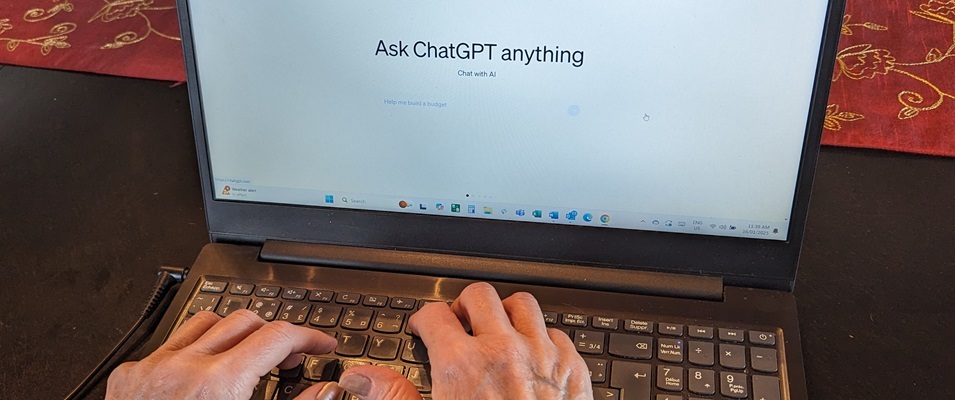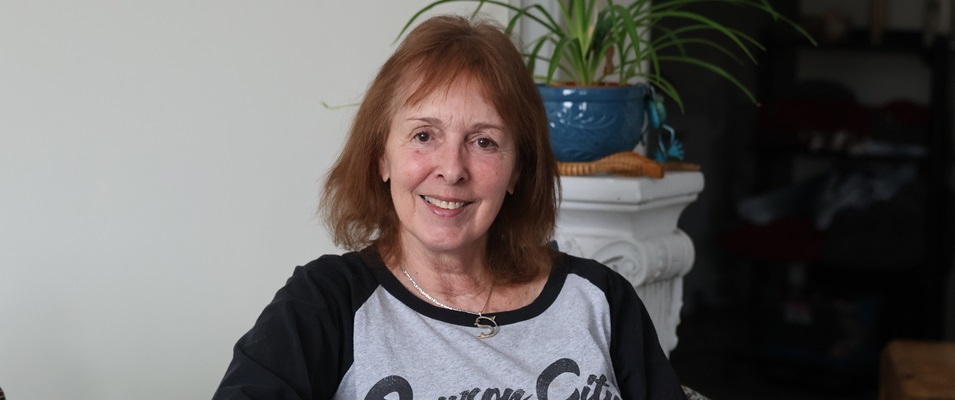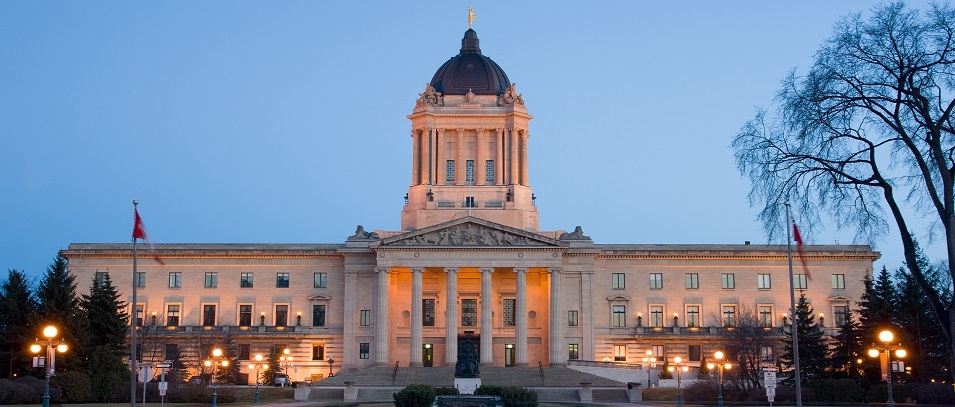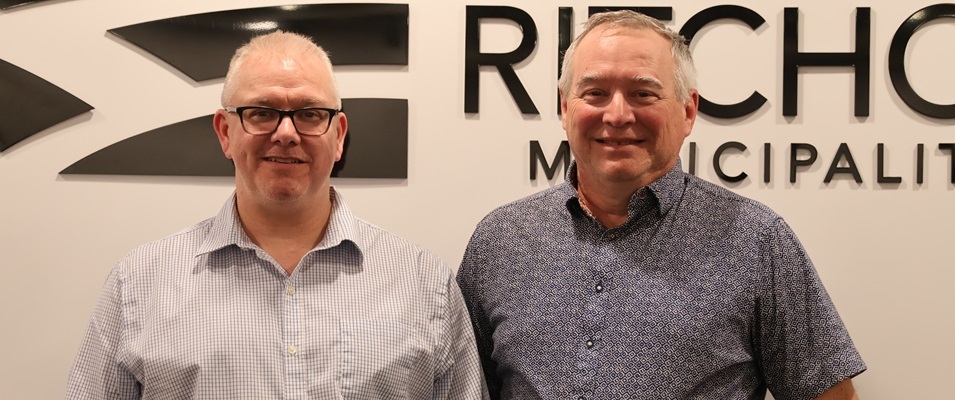
Administrators at the division scolaire Franco-Manitobaine (DSFM) have been busy over the past few years developing policy to keep up with technologically changing times.
Their 2023–24 school year brought in student cell phone use restrictions, a full year before the province initiated the same.
In 2024, the DSFM chose to implement a restriction on the number of school hours dedicated to student screentime, the goal of which was to instil a sense of life balance and interpersonal socialization.
The next step for this division has been to take a hard look at how artificial intelligence (AI) can be similarly managed at school in ways that promote its safe and effective use without vilifying the tool altogether.
“We have started a committee consisting of school principals, assistant superintendents, tech managers, secretary-treasurers, directors of student services and pedagogy, a communication manager and myself to create what we call an umbrella directive,” says Alain Laberge, DSFM’s superintendent.
Assessment of the new policy, he says, includes addressing several different categories in which AI might affect their schools.
The first will look at how AI can be used to assist in the human resources department without actually replacing human workers. This might involve the use of AI in helping with clerical jobs, sorting through resumés, and classifying salary grids, for example.
Next is to address how AI can be effectively used as a classroom tool without becoming a deterrent to learning. The committee will assess the risks and benefits of AI in the classroom in terms of personalized learning and engagement of students.
Serious considerations will also be given to the ethical use of AI.
“Many people are insisting on the negative side of AI in education, mostly regarding cheating, not remembering that cheating has been in classrooms since Horace Mann invented schools,” Laberge says. “Instead AI can be used to enhance learning and be used similarly to the scientific method to avoid spreading fake information.”
There may also be a place for AI, he says, when it comes to enhancing special education and counselling services. The team will look at AI as a companion as well as virtual reality therapies.
Not to be dismissed is the topic of AI as it relates to protecting students’ private information through the Freedom of Information and Protection of Privacy Act (FIPPA).
Finally comes the question of how best to mitigate the risks of cyberthreats.
“It will be a long process, but we hope to have at least one or two directives [in place] before June 2025,” Laberge concludes.



















